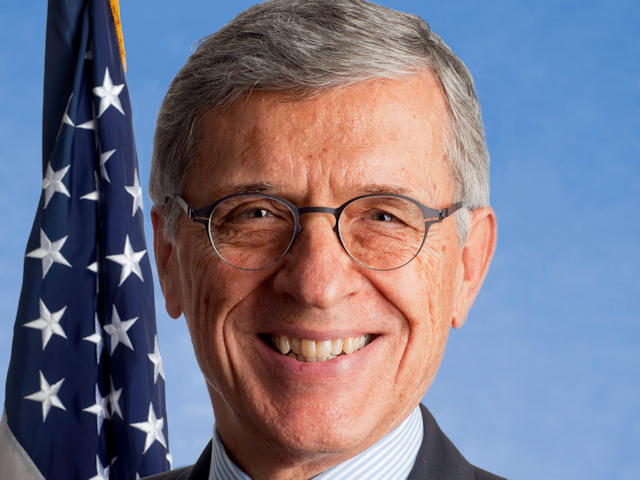FCC Comment Site Working Again After Crashing On Last Day For Net Neutrality Plan Input

UPDATE 2:32 p.m. EDT: The site is back up.
Original Story:
The Federal Communications Commission website set up for Americans to sound off on the commission’s proposal for net neutrality -- a system that is 18 years old -- crashed Tuesday, the last day of the 60-day comment period.
IBTimes could not access the comment form on FCC.gov/comments early Tuesday afternoon. The crash was reported earlier by tech news website Ars Technica, which had issues with the FCC comment form Tuesday morning.
The crash marked the second time the site was down in as many months. In early June, the FCC said it was experiencing problems with the site "due to heavy traffic."
About 670,000 comments on net neutrality were received by the FCC during the comment period, an FCC spokesman told Ars Technica, including 440,000 via email.
In a blog post published to the FCC site Monday, FCC Chief Information Officer Dr. David A. Bray said the commission couldn’t envision hundreds of thousands of people commenting on an FCC proposal. FCC data showed as many as 100,000 people were commenting on the net neutrality plan simultaneously.
“The number of people submitting comments is impressive, underscoring the importance of this issue and the critical role public engagement plays in the Commission’s policymaking process,” Bray wrote. “When the ECFS [Electronic Comment Filing System] was created in 1996, the commission presumably didn’t imagine it would receive more than 100,000 electronic comments on a single telecommunications issue.”
FCC Chairman Tom Wheeler wrote the FCC’s rules on net neutrality. While the proposal was intended to enforce net neutrality, which treats all Internet traffic equally, Wheeler’s rules leave open the possibility for content providers such as Netflix (NASDAQ:NFLX) and Google (NASDAQ:GOOGL) to pay Internet service providers like Verizon (NYSE:VZ) and Comcast (NASDAQ:CMCSA) for so-called fast lanes, the Wall Street Journal reported. That kind of arrangement would favor established Internet brands while making it tougher for start-up companies to reach audiences on the Web.
© Copyright IBTimes 2024. All rights reserved.





















